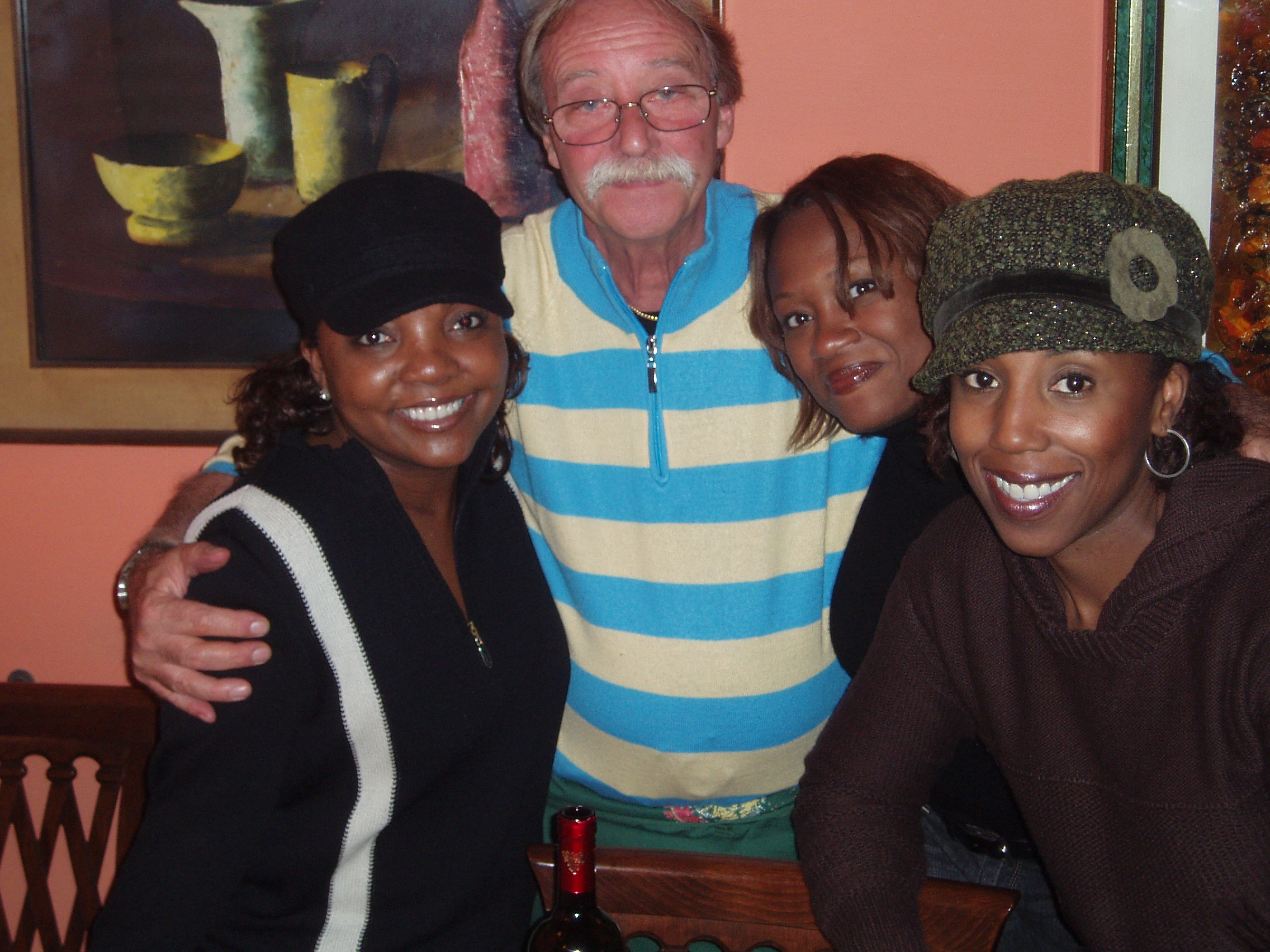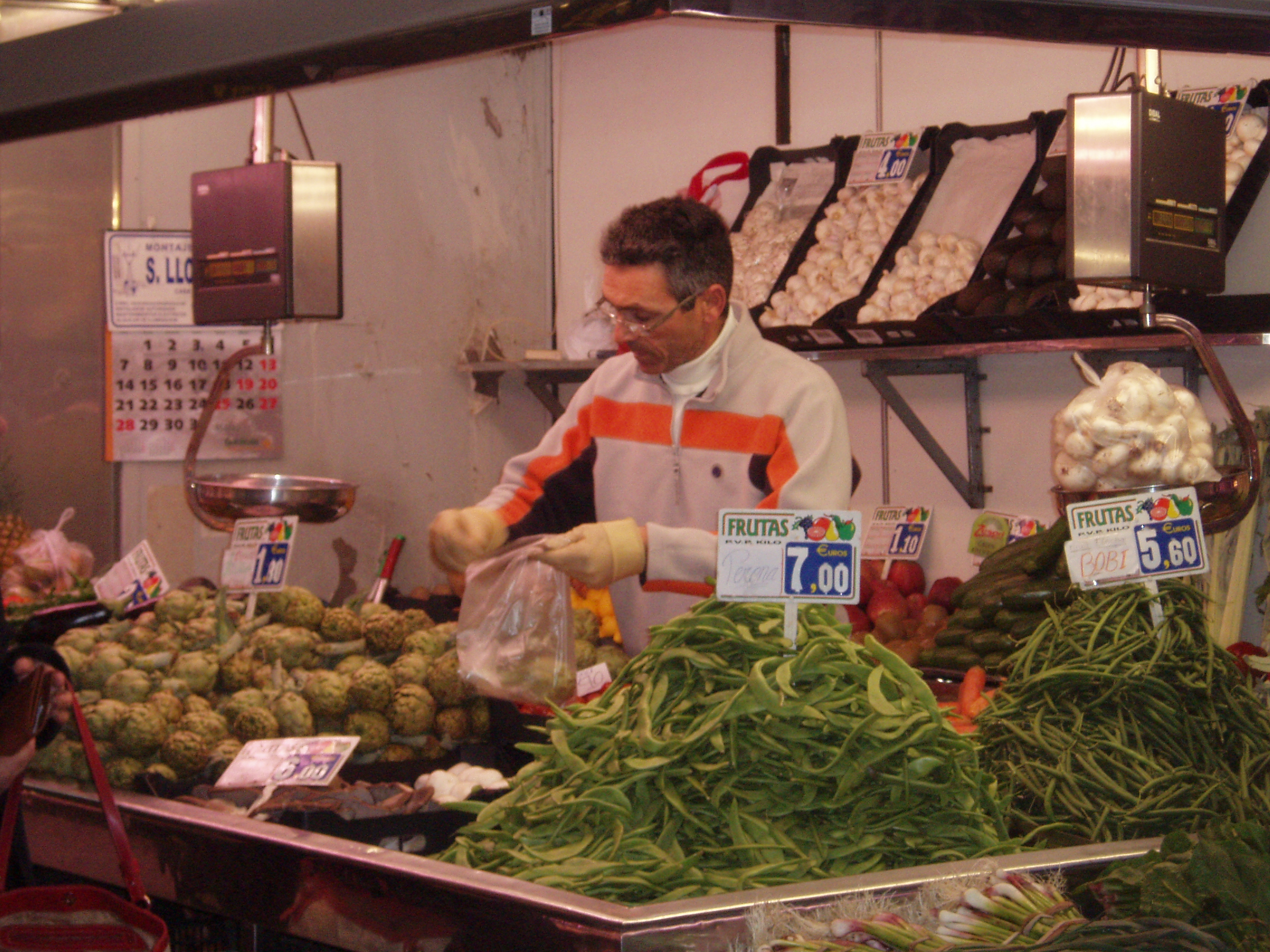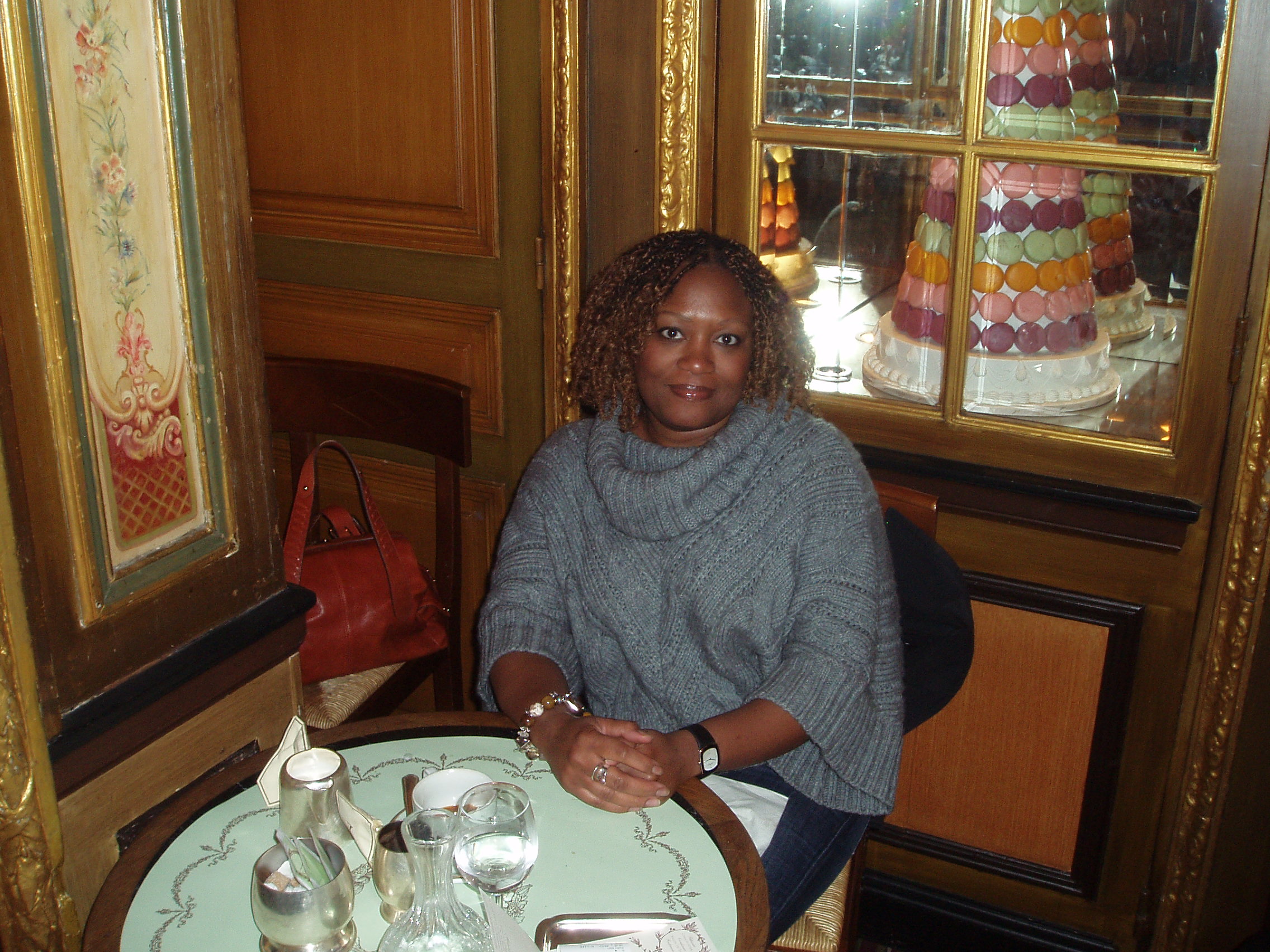


I don’t know about you, but I’m often more psyched about going to church on the road than hitting a bunch of must-see museums and boutiques. Although mornings and I have never been friends, when I’m overseas, I make a point of finding an English-speaking service, whether I need to hop on a subway or bus or use my own two feet to get there. I enjoy the religious aspect of worship but for me, it’s also about experiencing local culture in one of its most authentic and expressive ways.
A friend from work recently left on her first trip to Italy, and besides sharing the names of fabulous trattorie, ristoranti and shops, I suggested she stop into St. James Church, which I used to attend during my days of living in Florence. Introduced to St. James by artist friends Louise LeBourgeois and Steven Carrelli from my very own Grace Episcopal Church in downtown Chicago, I found this congregation a beacon of warmth, welcome and friendship. And while its Episcopal worship style is much more “high church” than at Mt. Calvary Baptist which I attended as a kid on the South Side of Chicago, it’s full of international people who speak English – no small thing when you’ve spent the rest of your week struggling through broken Italian! (I still get misty-eyed when I get its weekly e-mails and way jealous when I read about its “day trips” to Assisi and other historic towns.)
One reason I fell so hard for St. James was the soulful singing of the world-traveling Florence Gospel Choir, led by Virginia native Nehemiah Brown. Forget about that old American adage that “11 o’clock Sunday morning is the most segregated hour of the week.” Nehemiah had these Italians, Germans, Brazilians, and a few African-Americans singing gospel classics so passionately they might as well have been in a church in Philadelphia or L.A. (Check out one of their videos here.) And on Sundays when the choir sang, I was transported back to the South Side, where my dad Farnell was a minister of music at Covenant and Baptist churches for nearly 40 years.
Even if we don’t go regularly now, many – if not MOST – of us black folks grew up going to somebody’s church. Besides, even if you’re not super-religious, there’s something special and sacred about being in a house of worship – ANYBODY’S house of worship – even if it’s not a faith tradition you follow.
It’s all about the idea of FELLOWSHIP, the bringing of people together. That’s why — even if you’re shy or traveling alone — it’s so neat to stop by the “coffee hour” or whatever gathering is held AFTER the service. It’s there you’ll meet church members, many of whom are expats living in their chosen countries and eager to chat about their overseas experiences. And you’ll meet fascinating fellow travelers who, like you, have found sanctuary in this same holy place.
My mom Gloria, a Sunday School teacher for more years that she’d probably want me sharing on this blog, and I love to do this. When in Rome for an Italian friend’s wedding last spring, we made our way to the Rome Baptist Church (no joke!) in a lovely small piazza just off one of the chicest shopping streets in the Eternal City. We sat in on a Sunday School class taught by a wonderful African teacher, met fellow students from South Africa, Nigeria and the States, and enjoyed a morning worship service in the same city where St. Paul was imprisoned, wrote letters that later became books of the Christian New Testament, and likely was martyred.
We did the same thing last fall before leaving Barcelona on a Mediterranean cruise. Taking a cab up this Spanish port city’s winding hills, we found ourselves at the small yet super-friendly St. George’s Church, an Anglican/Episcopal congregation filled with members from across the globe. Not only was this a church I would have been HAPPY to call home if I lived in Barcelona, but these were smart, well-traveled folks who were just as down to earth as any we’d ever met. (And coming on the heels of Barack Obama’s election as president of the United States, we found ourselves embraced by folks who just wanted to talk about the miracle America had just pulled off!) The service itself was spirited but deeply moving, bringing tears to our eyes as we realized the oneness of worshippers, no matter where they live or where their churches may stand.
Now that I think of it, I’ve checked out Holy Trinity Anglican Church in the French Riviera town of Nice. I’ve attended worship at London’s famed Westminster Abbey, where Princess Diana’s seen-all-over-the-world funeral was held. And any time I’m in Paris on a Sunday, I stroll past the super-posh Four Seasons Hotel George V to the American Cathedral in Paris, where I dream of worshipping when I’m someday living in the City of Light.
But in the midst of all the sightseeing in foreign lands, it thrills me to know that God is the same all over the world, that praises are going up in different languages and dialects and still reach heaven the same way.
And that, in the words of my former Baptist pastor, is something to shout about!




